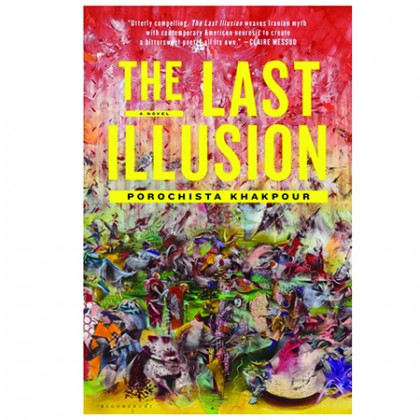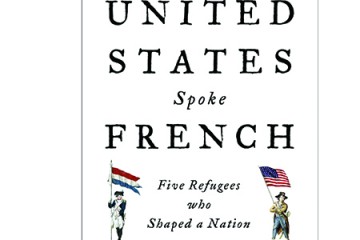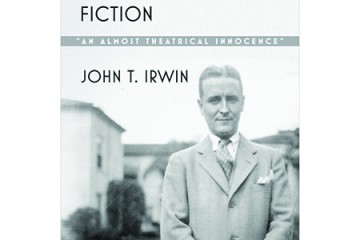Is it possible to recall what it felt like to be a New Yorker on September 10, 2001? Porochista Khakpour, A&S '03 (MA), tries with her second novel, The Last Illusion (Bloomsbury, 2014). It hurtles toward September 11, juggling stories of a young romance, a strained father-son relationship, and a narcissistic magician. Linking these plotlines is Zal, a human blank slate. He was the eighth child born to a middle-aged woman in rural Iran, coming out a "sickly yellow-white thing" that reinforced his mother's belief that he was cursed. She derided him as the White Demon and kept him in a cage with the rest of her birds. He spent his first years as a feral creature until a documentary brought him to the attention of an American child psychologist, who decided to raise him as his own.

Khakpour musically breezes through this setup in Illusion's opening pages, treating recent memory as the bedrock for myth. The psychologist dubs the child Zal, a name from the 10th-century Persian epic Shahnameh; in that poem Zal is an albino abandoned at birth and raised by a bird to become a mighty warrior. Zal is read this story regularly after the psychologist brings him home to New York, where he grows into an awkward young man who surreptitiously eats insects, is troubled by mirrors, and seeks the magician when he hears of an illusion involving flight. Despite being told that ferals are asexual, Zal develops a tumultuous relationship with Asiya— given name: Daisy—a world-weary, emotionally damaged young woman raised in the suffocating dysfunction of Manhattan affluence.
These characters awkwardly coalesce on that Tuesday morning in September, but by witnessing everything through Zal, Khakpour pushes a media event seared into memory through a naïvely mannered perspective. She paints the towers' fall as an abstract rush, attempting to locate an emotional narrative framework for experiential chaos. Though the novel ends up feeling more uncanny than profound, The Last Illusion is a reminder that while trauma's echoes fade over time, the event itself forever changes how someone understands and interacts with the world.
Posted in Arts+Culture
Tagged books









